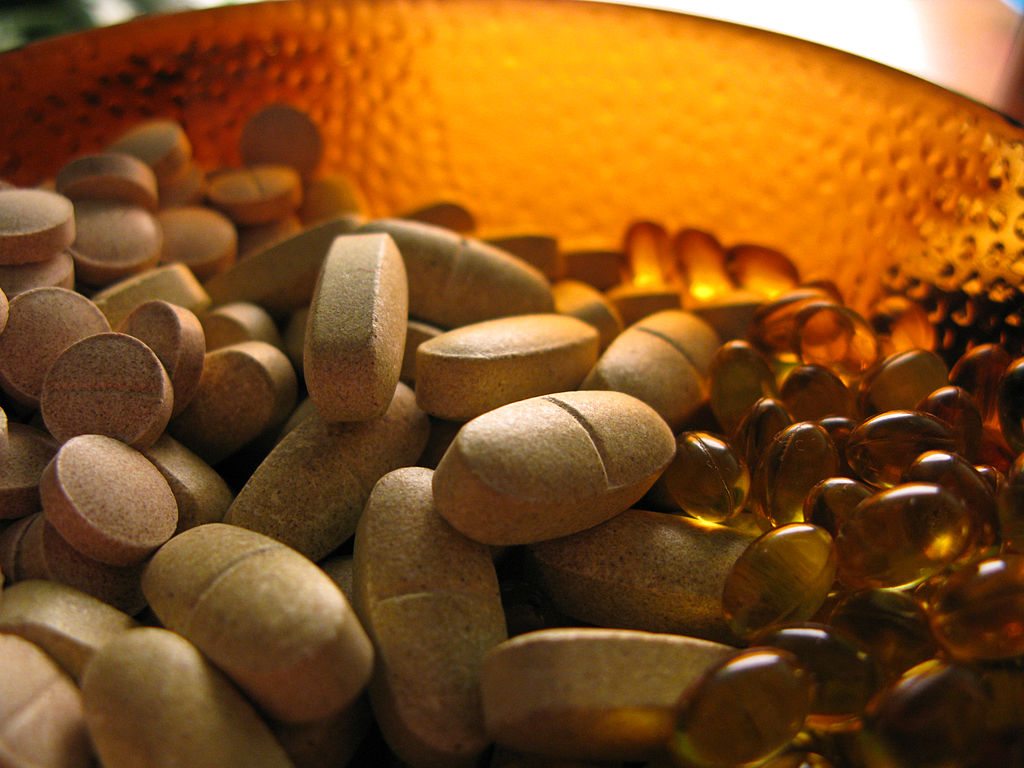Results for: dshea
The Free Speech About Science Act (H.R. 1364), “health freedom,” and misinformed consent
“Health freedom.” It’s a battle cry frequently used by supporters of “alternative” medicine against what they perceive to be persecution by the medical and scientific establishment that uses the Food and Drug Administration, the Federal Trade Commission, and other federal agencies charged with regulating pharmaceuticals, food, cosmetics, and medical devices in order to protect the public against fraud, adulterated food, and quackery....
Herbal Remedies, Street Drugs, and Pharmacology
David Kroll’s recent article on thunder god vine is a great example of what can be learned by using science to study plants identified by herbalists as therapeutic. The herbalists’ arsenal can be a rich source of potential knowledge. But Kroll’s article is also a reminder that blindly trusting herbalists’ recommendations for treatment can be risky. Herbal medicine has always fascinated me....

Diet Supplements or Nutritional Supplements: A Ruse by Any Other Name is Still a Ruse
Nutritional and diet supplements aren't food, nor are they medicine, and they aren't regulated in a meaningful way. But they might be dangerous.
CAM and the Law Part 4: Regulation of Supplements and Homeopathic Remedies
Another major set of legal standards that apply to alternative medicine are the laws and regulations that govern the manufacturing and availability of homeopathic and herbal remedies and dietary supplements. Although there is less ambiguity in these standards than in some of the areas I’ve covered previously, there are certainly loopholes aplenty available to avoid the need for any truly scientific standards...
What’s with the new cough and cold products?
One of my earliest lessons as a pharmacist working in the “real world” was that customers didn’t always act the way I expected. Parents of sick children frequently fell into this category — and the typical vignette went like this for me: Parent has determined that their child is sick, and needs some sort of over-the-counter medicine. Parent asks pharmacist for advice...
CAM and the Law, Part 1: Introduction to the issues
When I write or talk about the scientific evidence against particular alternative medical approaches, I am frequently asked the question, “So, if it doesn’t work, why is it legal?” Believers in CAM ask this to show that there must be something to what they are promoting or, presumably, the government wouldn’t let them sell it. And skeptics raise the question often out...
Supplement Regulation: Be Careful What You Wish For
A recurring theme at SBM is the regulation of supplements, and the impact and consequences of the Dietary Supplement Health and Education Act of 1994 (DSHEA). As one of SBM’s international contributors, I thought it might be helpful to look at how the DSHEA stacks up against the equivalent regulations of its neighbor to the north, Canada. Given the multiple calls for overhauls...
Glucosamine: The Unsinkable Rubber Duck
Glucosamine is widely used for osteoarthritis pain. It is not as impossible as homeopathy, but its rationale is improbable. As I explained in a previous post, Wallace Sampson, one of the other authors of this blog, has pointed out that the amount of glucosamine in the typical supplement dose is on the order of 1/1000th to 1/10,000th of the available glucosamine in...
CAM in “Obamacare”
On March 30th, President Obama signed the final piece of healthcare reform legislation concluding an epic battle that ultimately lead to the passage of the Patient Protection and Affordable Care Act (PPACA). The bill enforces the largest change to US healthcare for decades and has provided an opportunity for Complementary and Alternative Medicine (CAM) advocates to be federally endorsed in our future...
A Sleep Remedy with Proprietary Secrets
A new product, Dream Water, is designed to help one relax, fall asleep and improve the quality of sleep using the all natural ingredients melatonin, GABA and 5-HTP (tryptophan). A single-dose 2.5 oz bottle retails for $2.99. They also offer a more dilute formulation in an 8 oz bottle. They suggest drinking half a bottle, keeping it at your bedside, and drinking...

